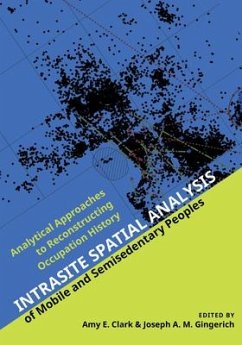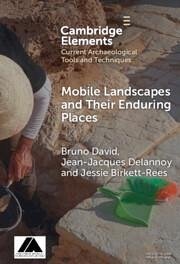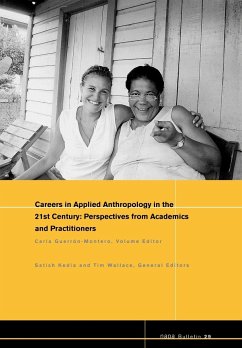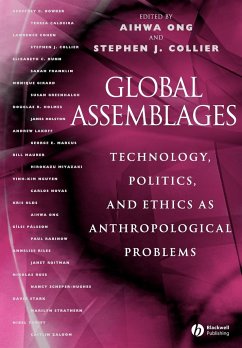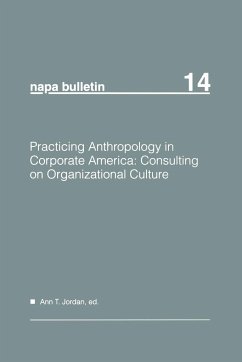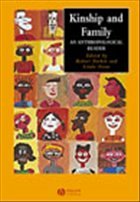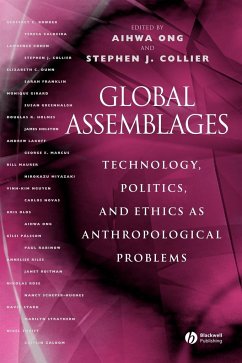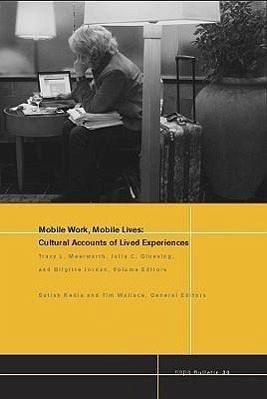
Mobile Work, Mobile Lives
Cultural Accounts of Lived Experiences
Herausgeber: Kedia, Satish; Wallace, Tim

PAYBACK Punkte
15 °P sammeln!
With the ever-increasing functionalities of information and communication technologies, as well as the spatial and temporal transformations brought about by shifts in global work patterns, mobile work has become more important than ever to workers and employers. The objective of this volume is to illustrate through narratives the patterns of mobility that are altering the meaning of work and how work is positioned with respect to the rest of life. The contributors to this volume are anthropologists who not only study remote, nomadic, and mobile workers but who are also remote, nomadic, and mob...
With the ever-increasing functionalities of information and communication technologies, as well as the spatial and temporal transformations brought about by shifts in global work patterns, mobile work has become more important than ever to workers and employers. The objective of this volume is to illustrate through narratives the patterns of mobility that are altering the meaning of work and how work is positioned with respect to the rest of life. The contributors to this volume are anthropologists who not only study remote, nomadic, and mobile workers but who are also remote, nomadic, and mobile themselves. They share observations about the evolution of their personal and professional identities, their attempts to define or merge boundaries between work and personal life, and their struggles to present the value of their work to others. Their descriptions of the tensions inherent in mobile life and work, and the strategies they employ to overcome them, greatly further our understanding of the interplay of self, work, place, and technology, and point to future research directions for the anthropology of work.



